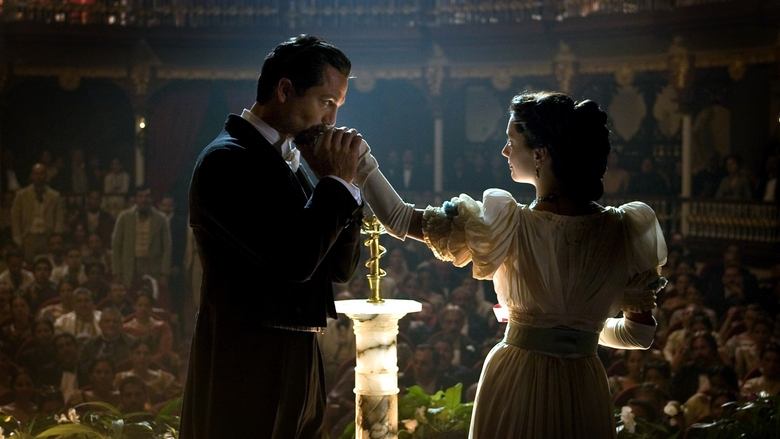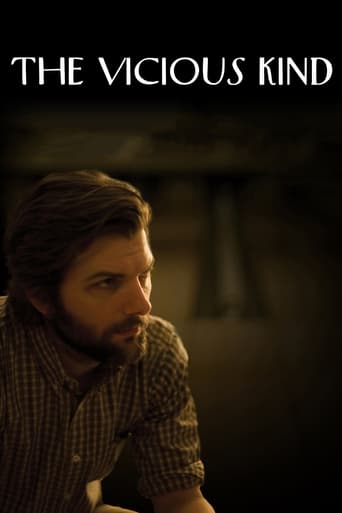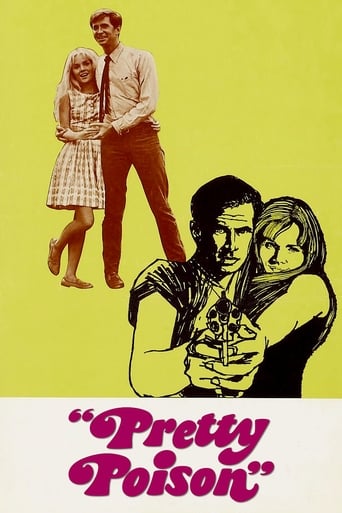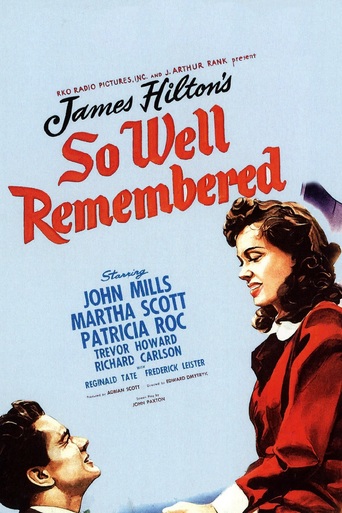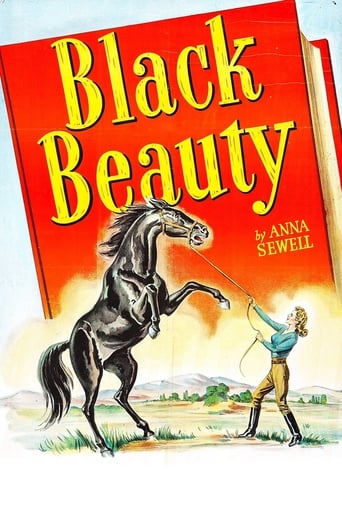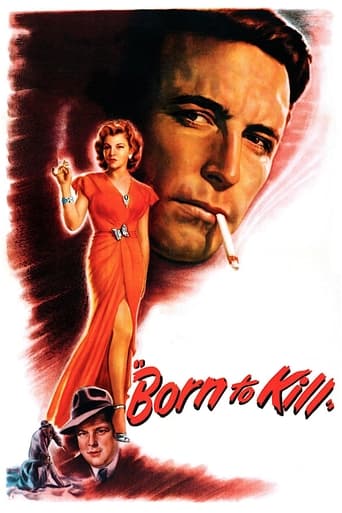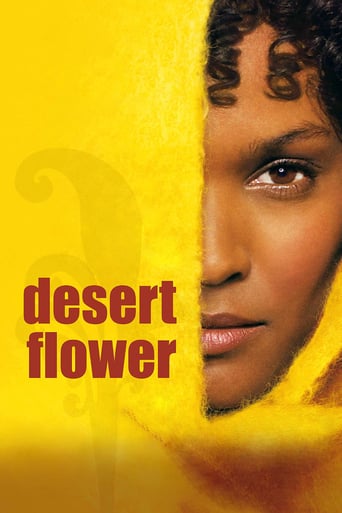Love in the Time of Cholera (2007)
In Colombia just after the Great War, an old man falls from a ladder; dying, he professes great love for his wife. After the funeral, a man calls on the widow - she dismisses him angrily. Flash back more than 50 years to the day Florentino Ariza, a telegraph boy, falls in love with Fermina Daza, the daughter of a mule trader.
Watch Trailer
Cast


Similar titles
Reviews
If you don't like this, we can't be friends.
Good story, Not enough for a whole film
A great movie, one of the best of this year. There was a bit of confusion at one point in the plot, but nothing serious.
The film never slows down or bores, plunging from one harrowing sequence to the next.
This was such a poorly done film. Having read (and loved) the book, watching this was torture for me. I felt like it had the potential to be a great film, but the majority of the acting was just mediocre. The rhythm of the film just did not work. The script was poorly done. None of the soul of the book was in this film. A couple of the actors' talent was evident. I got the Impression that Javier Bardem was possibly the only cast member who unterstood his character and the story (perhaps he read the book?). Aside from a couple of exceptions, the rest were not at their best in this film. I'll stop now before I write a thousand word rant.Just, disappointing.
In most movies, it is allowed and forgiven adultery for men, but If women did it they are killed such as this movie. Whyyyyyyyy? This film did not any reaction this prejudiceIf a thing is wrong, it will be bad for all not only women.If a thing is wrong, it will be bad for all not only women.In most movies, it is allowed and forgiven adultery for men, but If women did it they are killed such as this movie. Whyyyyyyyy? This film did not any reaction this prejudiceIn most movies, it is allowed and forgiven adultery for men, but If women did it they are killed such as this movie. Whyyyyyyyy? This film did not any reaction this prejudiceIn most movies, it is allowed and forgiven adultery for men, but If women did it they are killed such as this movie. Whyyyyyyyy? This film did not any reaction this prejudice
"Love in the Time of Cholera" (1985) - is the film based on one of two best novels by the greatest living writer, 1982 Nobel Prize winner in Literature, Colombian Gabriel Garcia Marquez (1928). It depicts many faces of love - romantic, marital, erotic, and unrequited. It is the novel about love that hits like a lightning, takes over the whole human existence, tortures like a deadly disease, and even all-consuming time has no power over it. The story about poor romantic telegraph operator Florentino Arisa's love for beauty Fermina Dasa and his long waiting for her acceptance that lasted fifty one year, nine months and four days is fascinating, interesting and unusual.I knew the film was not going to be at the same level as the novel. It would be simply impossible. As a matter of fact, I was really surprised that one of two deservingly celebrated novels of the greatest modern writer had been actually adapted to the screen. Marquez's resistance to any offers for adapting this novel and 100 Hundred Years of Solitude has been legendary. Well, someone succeeded in obtaining the rights for Love in Time of Cholera and I am not sure if it is a good or bad thing. I tend to think that it is both. I am sure a lot of viewers who never read the novel would like the movie and perhaps would read the original and explore themselves the world of Magic Realism, the world created by Marquez's exquisite gift for storytelling and bringing to live the unforgettable characters, striking images, and passionate yet melancholic mood. Those who did read the book would have a chance to find out for themselves if Mike Newell's vision of the most romantic story ever told is in any way close to their own. I personally did not want to see the film but I caught it on TV few days ago and I stayed with it to the end credits, and was entertained. I did not like everything I saw but the film has some beautiful parts to it. After all, Newell has made my most favorite romantic movie of all time, Enchanted April (1992). He was masterful in creating charming, enchanting, and heartwarming gem of the film with Enchanted April. Perhaps, it was easier to make a film that took place during one month that had changed the lives of four women and brought hope, love, and joy into their existence. Marquez's novel that spans over fifty years seems to defy the attempts to adequately bring it to the film media. The film looks and sounds wonderful but the fragrance of the most incredible prose, the proverbial Magic that goes so uniquely well together with the Realism in Gabo's works, sadly is missing from the film. I think Marquez himself gives the key to understanding why it is impossible to adapt his prose: "To him (Florentino) she (Fermina) seemed so beautiful, so seductive, so different from ordinary people,that he could not understand why no one was as disturbed as he by the clicking of her heels on the paving stones, why no one else's heart was wild with the breeze stirred by the sighs of her veils, why everyone did not go mad with the movements of her braid, the flight of her hands, the gold of her laughter. He had not missed a single one of her gestures, not one of the indications of her character, but he did not dare approach her for fear of destroying the spell." Maybe these words "destroying the spell" are the best explanation why Marquez's books should not been adapted. One of the film's weaknesses (and I intentionally don't want to go and list all of them for there are plenty), is that The Crowned Goddess of the novel as played by Giovanna Mezzogiorno is completely different woman than Fermina as Marquez described her and for whom his own Crowned Goddess, the love of his life, his wife of over fifty years, Mercedes Barcha Pardo, was a prototype. Fermina in the movie is so pale and lifeless that it makes the whole story of Florentiono's undying love for her not very convincing. Take away the Love from the story, and what are you left with? Beautiful scenery, truly great soundtrack, and good actors who either have not much to play, or not knowing exactly what to do with their unusual, magically realistic characters, fail to bring them to life by overplaying them or making them the caricatures.I think the film is better than all these 1-2 stars reviews make you believe but sadly it is not the great work of Art.
The film adaptation of the famed piece of Spanish literature, Love in the Time of Cholera by Gabriel García Márquez, is not an entirely accurate portrayal of this conflicting love story. In the civil war-ridden nation of Columbia, circa 1880, with the devastating cholera epidemic continuing to ravage the country, a conflicting love story is inspired. Fermina Daza, a prudent young girl with a tyrannical father, inadvertently attracts the eye of Florentino Ariza, a telegraph boy with a romantic nature. He falls hopelessly in love and pursues her with intimate letters. As she responds, a passionate bond grows and they share this love together. However her feelings are more reserved than her lover's. In the book, García Márquez explains "In reality they were distracted letters, intended to keep the coals alive without putting her hand in the fire, while Florentino Ariza burned himself alive in every line." (pg. 69) Florentino's intense devotion to her could be a consequence of spending most of his time overwhelming himself with love themed literary works. Fermina is yet a less vulnerable character. However, Fermina's father discovers her secret affair and has other plans for her. He threatens Florentino, then forces an involuntary move upon Fermina to separate the star-crossed lovers. Fermina travels with her father for about three years, while concealing her contact with Florentino over telegrams. They remain sure of their arrangements to marry, until comes back from traveling. The moment she sees him upon her return, she realizes that their love was an illusive product of immaturity. Florentino is left heartbroken and vows that he will love her until he dies. She marries a distinguished doctor, with the support of her father. Florentino maintains 622 affairs, using sex to mend his heartbreak while waiting for Fermina's husband, Dr. Urbino, to die of old age. Until, at the age of about 70, Dr. Urbino finally dies and Florentino makes his move. Offended, Fermina disgraces him and is left to grieve for her dead husband. After time, Fermina and Florentino's love is rekindled carefully. They spend valuable time together on a cruise, and Florentino's purpose for life is obtained. In the movie, Florentino is shown as a love-stricken man with a pathetic and creepy obsession. His character is almost irritating to watch. García Márquez hints at these elements in the book, but they are not so dominant as in the film. Also, the connection between Fermina and Florentino is not described in the movie to the extent that it is narrated in the book. Although she does return her love for him in the movie, their deeper connection and agreement still does not appear on screen. In the novel, they exchange love letters for about five years (since she was thirteen years old) and had thoroughly planned their engagement. The film seems to ignore their character development in that aspect and continue to demonstrate them as two distant lovers lacking union. When she first realizes Florentino's affection towards her, she does not predict him to be admirable or serious. Her experimenting with his attachment in the beginning evolves into a real one on her part. Márquez writes, "These unexpected, almost childish antics caused an unfamiliar curiosity in Fermina Daza, but for several months it did not occur to her that it could go any further. She never knew when the diversion became a preoccupation and her blood frothed with the need to see him " (pg. 58) . The movie illustrates half the events and insight needed to get the main ideas across. I strongly suggest that if you are interested in this movie that you read the book before hand. It will not be as typical and the situations will not seem as unrelated as they do in the film. The only way to enjoy this movie is to understand the story further than what you are shown. PS> The movie also does not explore Fermina and Dr. Urbino's marriage as though it should have been (read the book). He is also a very prized citizen in the book, having founded numerous organizations and leading many foundations. He is portrayed differently in the movie.


